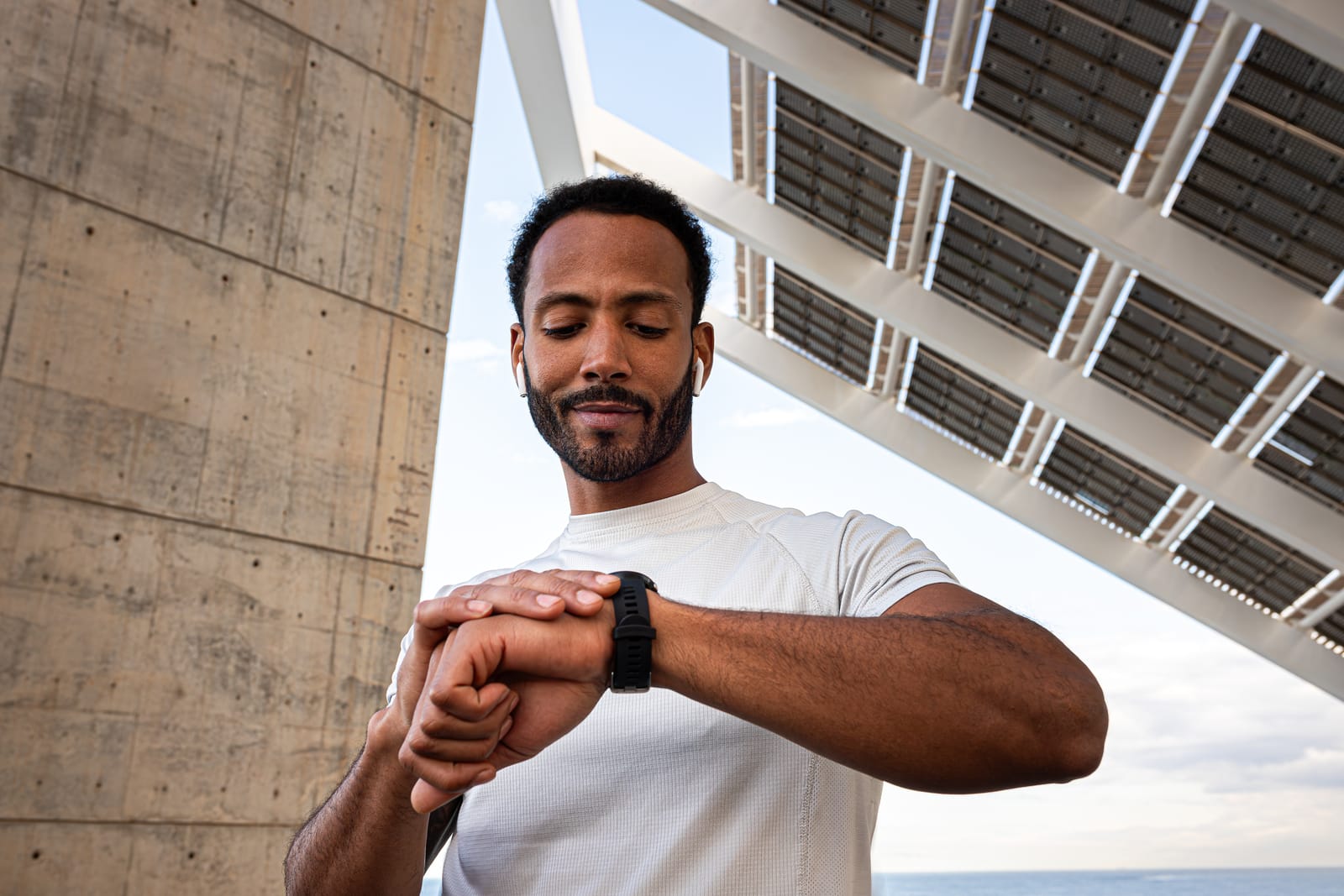
Explaining Abnormally High Heart Rate During Exercise
Experiencing an abnormally high heart rate during exercise can be particularly concerning for athletes and fitness enthusiasts. Understanding the causes and risks associated with a high heart rate is crucial for maintaining cardiovascular health. This guide will explore various management strategies to help you safely deal with a high heart rate during physical activity.
What is an Abnormally High Heart Rate?
An abnormally high heart rate, also known as tachycardia, occurs when your heart beats faster than normal. For most adults, a resting rate between 60 and 100 beats per minute (bpm) is considered normal. However, during exercise, it is normal for your pulse to increase. The concern arises when it exceeds the expected range for your age and fitness level.
Causes of a High Heart Rate During Exercise
Understanding the reasons behind elevated cardiovascular activity during exercise can help you better manage your workouts and overall health. Here are some key factors that can contribute to this:
Physical Fitness Level
Your fitness level plays a significant role in how your body responds to exercise. For beginners, engaging in physical activity often results in higher cardiovascular activity due to lower cardiovascular efficiency. In contrast, seasoned athletes typically experience lower rates during exercise, thanks to their well-conditioned systems.
Intensity of Exercise
The intensity at which you exercise directly affects your cardiovascular activity. High-intensity workouts can significantly elevate it. Sudden bursts of activity can also cause rapid spikes.
Dehydration
Lack of adequate hydration can lead to increased cardiovascular activity. When you are dehydrated, your blood volume decreases, making it harder for your heart to pump blood efficiently. As a result, the rate increases to compensate for the reduced blood volume.
Stress and Anxiety
Mental stress and anxiety can elevate cardiovascular activity. When you’re worried about your performance or facing other life pressures, these concerns can have physical effects. This impact is often noticeable during exercise, where anxiety can cause an increase.
Medical Conditions
Certain medical conditions can lead to abnormally high cardiovascular activity during exercise. For example, hyperthyroidism can increase metabolism, causing the heart to work harder. Additionally, conditions like anemia and heart-related issues can also contribute to elevated rates.
Risks of an Abnormally High Pulse Rate
Maintaining a healthy pulse rate is crucial for overall well-being, especially during exercise. Understanding the risks associated with an abnormally high pulse can help you take the necessary precautions to protect your health. Here are some potential risks:
Cardiovascular Strain
Prolonged periods of a high pulse can put excessive strain on your cardiovascular system. This can lead to increased wear and tear on your vital circulatory organs and blood vessels. Consequently, the risk of heart attacks or strokes becomes significantly higher.
Decreased Performance
An elevated pulse can lead to fatigue, which in turn can significantly impact an athlete’s stamina. This increased fatigue makes it challenging to maintain a high level of performance during physical activities. Consequently, sustaining regular exercise routines becomes much harder.
Muscle Damage
Sustained high pulse levels can lead to muscle damage. This can result in delayed recovery times. Consequently, your overall fitness progress may be affected.
Long-term Health Issues
Ignoring consistently high pulse rates during exercise can lead to significant health problems. Over time, this can result in hypertension, which puts extra strain on your circulatory system. Additionally, chronic fatigue can develop, making it difficult to maintain an active lifestyle.
How to Monitor Your Heart Rate
Tracking your heart rate is crucial for optimizing your workouts and ensuring you maintain a healthy exercise routine. Here are three effective methods to keep track of it:
1. Use a Heart Rate Monitor
Invest in a reliable monitor to track your pulse in real-time during exercise. These devices provide accurate data, which helps you monitor your cardiovascular performance. By using this information, you can adjust your workout intensity to optimize your fitness results.
2. Check Your Pulse
Manually check your pulse by placing two fingers on your wrist or neck. Count the beats you feel for 15 seconds. Then, multiply that number by four to get your beats per minute.
3. Smartphone Apps
Several smartphone apps are designed to measure your pulse using your phone’s camera. These apps work by analyzing the slight changes in color of your fingertip as blood pulses through it. They can be a convenient alternative if you don’t have a dedicated monitor.
Managing an Abnormally High Heart Rate
Maintaining a healthy pace during physical activity is crucial for both safety and performance. Here are some tips to help you manage an abnormally high pulse:
Stay Hydrated
Ensuring you drink enough water before, during, and after activity is crucial. Proper hydration helps maintain optimal performance and prevents dehydration. Make it a habit to carry a water bottle and take regular sips throughout your session.
Warm-Up and Cool Down
Incorporate proper warm-up and cool-down routines to gradually increase and decrease your pulse. This helps to prepare your body for physical activity and allows it to recover more effectively afterward. By doing so, you reduce the risk of sudden spikes.
Adjust Intensity
If you notice your pulse climbing too high, reduce the intensity of your activity. This is crucial to avoid overexertion and potential health risks. Instead, opt for moderate-intensity activities that keep your pulse in a safe zone, ensuring a more controlled and beneficial session.
Stress Management
It’s important to practice stress management techniques such as deep breathing, meditation, and yoga. These techniques help maintain a steady pulse during physical activity. By incorporating them into your routine, you can improve both your physical and mental well-being.
Consult a Healthcare Professional
If you consistently experience an abnormally high pulse during physical activity, it is important to seek medical advice. A healthcare professional can provide a thorough evaluation to determine the cause. They can also offer personalized advice to ensure your routine is safe and effective.
Conclusion
Understanding and managing an abnormally high heart rate during exercise is crucial for maintaining your health and enhancing your athletic performance. By monitoring your pulse, staying hydrated, and adjusting your exercise intensity, you can ensure your workouts are both safe and effective.
For personalized advice and monitoring tools, consider consulting with a fitness expert or healthcare provider to tailor a plan that suits your needs and goals. Stay informed, stay healthy, and make the most of your fitness journey. Remember, your heart is the engine that drives your performance—take care of it, and it will take care of you.
Stay Informed and Stay Healthy!
We hope you’ve found this guide on managing an abnormally high heart rate during exercise both educational and practical. But your journey towards optimal cardiovascular health doesn’t need to stop here! Sign up for our newsletter for more expert advice, tips, and personalized insights into maintaining a healthy pulse, improving your fitness, and achieving your wellness goals.
Our comprehensive content will keep you informed and motivated to reach new heights. Take the next step in your fitness journey—sign up for our newsletter today and empower yourself with the knowledge to maintain a healthy heart and enhance your performance!




